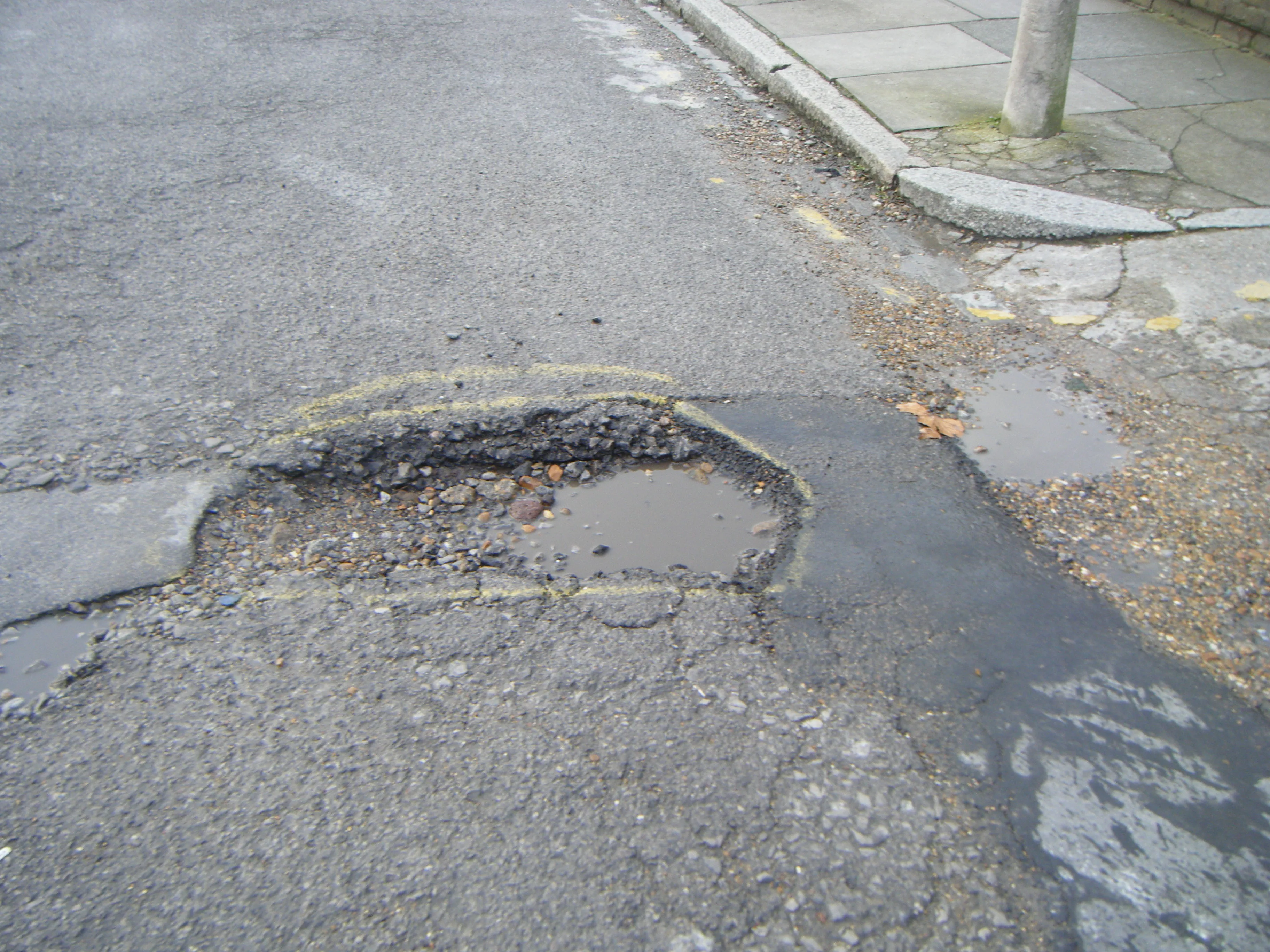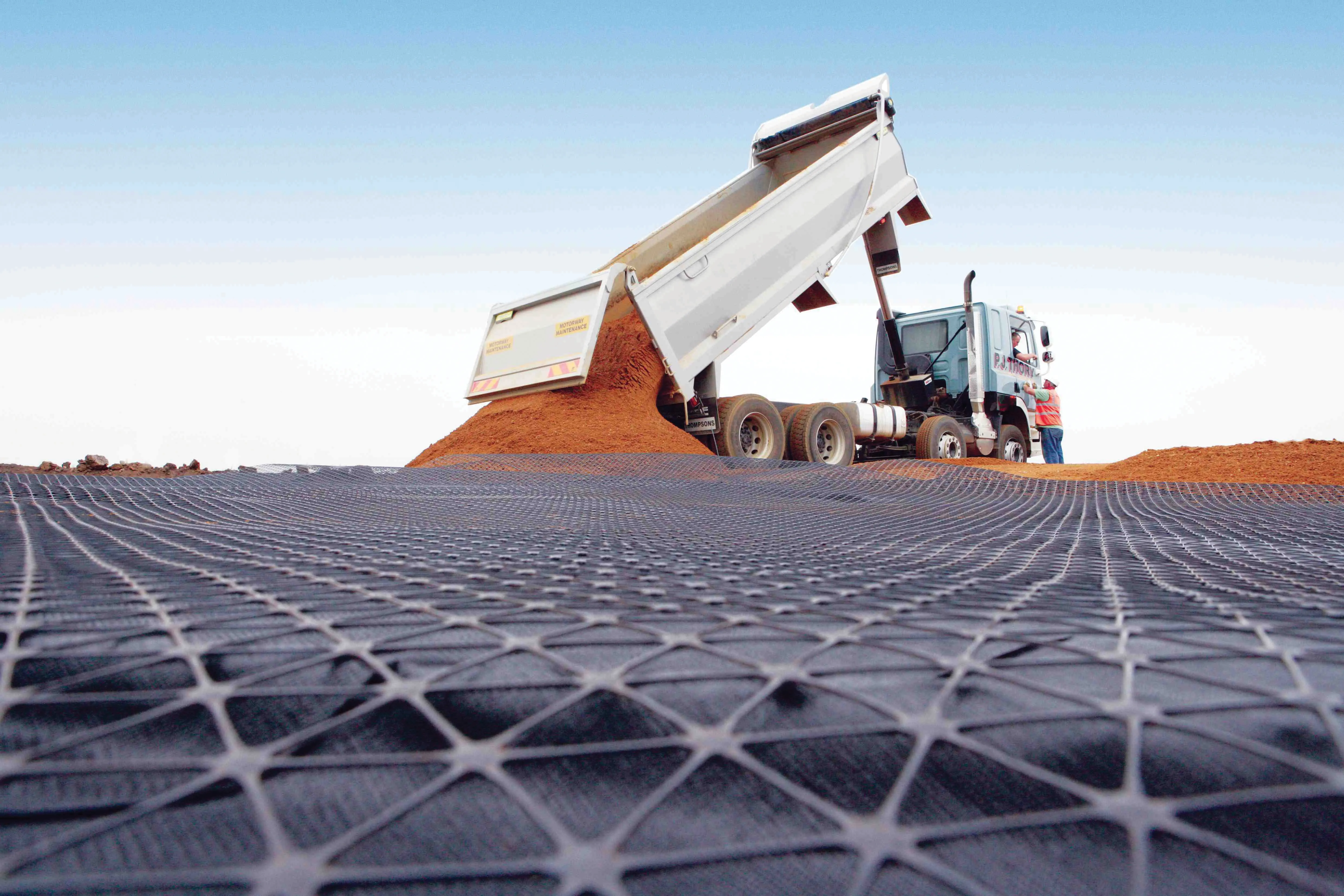A new solution is available to the pothole problem from Prismo Traffic Products. The REphalt system is a permanent cold applied pothole repair material, which is HAPAS accredited and fully approved for use on highways. The product is water-activated, shrinkage free and can carry traffic immediately after application, according to the firm. Made from renewable materials, REphalt also provides significant environmental benefits. Whilst it has similar properties to conventional asphalt, it is solvent-free and
February 6, 2012
Read time: 2 mins

A new solution is available to the pothole problem from 3091 Prismo Traffic Products. The REphalt system is a permanent cold applied pothole repair material, which is HAPAS accredited and fully approved for use on highways.
The product is water-activated, shrinkage free and can carry traffic immediately after application, according to the firm. Made from renewable materials, REphalt also provides significant environmental benefits. Whilst it has similar properties to conventional asphalt, it is solvent-free and does not emit vapour into the atmosphere. In addition, it takes just one visit to create a permanent repair, avoiding landfill disposal charges for waste materials. In addition, the firm is now offering a new Grit Bin Kit that consists of a grit bin, a shovel and four bags of salt that can be supplied as a single package, or as individual items if required. The bin is made from tough and lightweight with a reinforced lid and base. Each bin, 1050mm wide by 704mm high and 600mm deep, has a capacity of 170litres and is available in a wide range of colours to suit specific sites. If required, it can be feature logos and text.
The product is water-activated, shrinkage free and can carry traffic immediately after application, according to the firm. Made from renewable materials, REphalt also provides significant environmental benefits. Whilst it has similar properties to conventional asphalt, it is solvent-free and does not emit vapour into the atmosphere. In addition, it takes just one visit to create a permanent repair, avoiding landfill disposal charges for waste materials. In addition, the firm is now offering a new Grit Bin Kit that consists of a grit bin, a shovel and four bags of salt that can be supplied as a single package, or as individual items if required. The bin is made from tough and lightweight with a reinforced lid and base. Each bin, 1050mm wide by 704mm high and 600mm deep, has a capacity of 170litres and is available in a wide range of colours to suit specific sites. If required, it can be feature logos and text.









